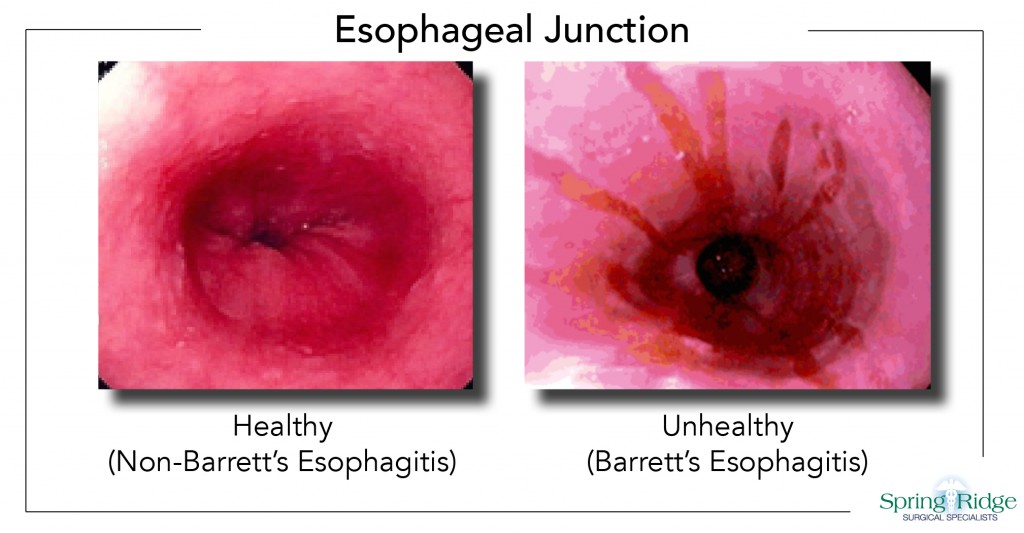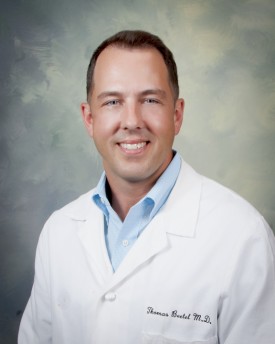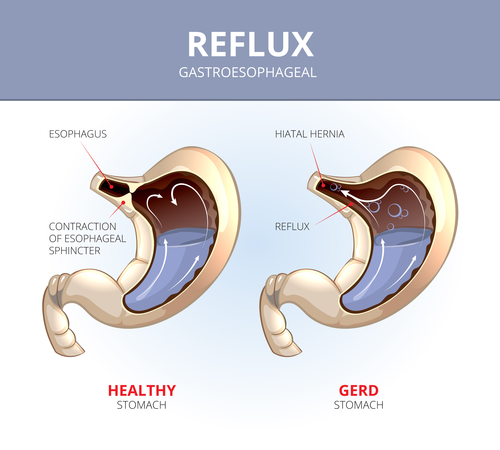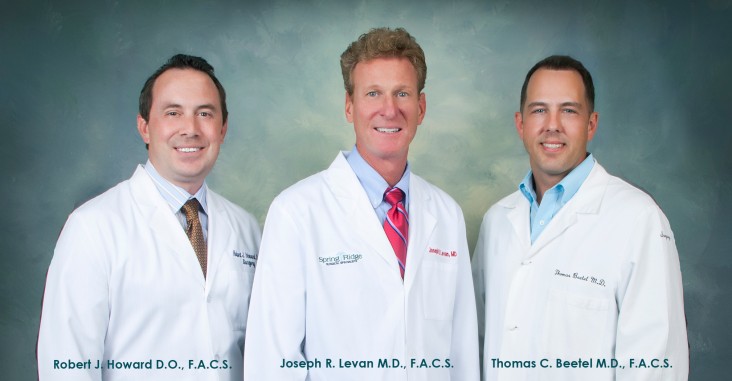GERD and its Impact on the Esophagus
As we shared in other posts, GERD (short for “gastroesophageal reflux disease”) is the culprit in creating heartburn, the painful burning sensation felt in the throat and chest after eating certain foods. It is estimated that approximately seven million people in the United States, from adults to infants, suffer from the symptoms of GERD at some point in their lives. For many people, the affects of GERD are felt only occasionally such as after a very large meal (think Thanksgiving). But for some who suffer from heartburn on a regular basis, GERD can cause other conditions if left untreated. One such condition this post will discuss is Barrett’s Esophagitis.
When GERD occurs, acidic fluids from the stomach flow backwards, or reflux, up into the esophagus. These caustic fluids irritate the lining of the esophagus, creating the burning sensation commonly referred to as heartburn. Repeated bouts of GERD over an extended period of time can damage the lining of the esophagus, creating a condition called Barrett’s Esophagitis. Although not cancerous itself, the presence of Barrett’s Esophagitis indicates the lining of the esophagus has been changed enough that cancerous cells could develop.
How Barrett’s Esophagitis is Detected
In many cases, Barrett’s Esophagitis is detected during routine diagnostic evaluation for GERD via an upper endoscopy. During this minimally invasive procedure, a small flexible tube with a video camera is used so the surgeon can perform a visual analysis of the affected area. In a healthy esophagus, the lining is pink and uniform in color. With an esophagus affected by Barrett’s Esophagitis, the lining appears uneven in color and pattern, as seen in this side by side comparison:
If Barrett’s Esophagitis is present, your surgeon may need to perform additional testing such as biopsies to detect the presence of pre-cancerous or cancerous cells within the esophagus.
Preventing Further Damage from Barrett’s Esophagitis
Your surgeon will keep track of any changes in your esophagus through regular testing. The good news is that controlling the symptoms and potential esophageal damage from GERD is often achievable with lifestyle changes your surgeon can suggest specifically for your condition. These can include losing weight, avoiding smoking and alcohol, and eliminating greasy and high-fat foods that create reflux.
Dr. Thomas Beetel, Dr. Robert Howard, and Dr. Joseph Levan of Spring Ridge Surgical Specialists each provide evaluation of GERD and Barrett’s Esophagitis. With offices located at 2758 Century Boulevard, Suite 1, Wyomissing, PA., many procedures are performed at the adjacent Surgical Institute of Reading. To make an appointment to see Dr. Beetel, Dr. Howard, or Dr. Levan, please call 610.375.0500.
– Spring Ridge Surgical Specialists





